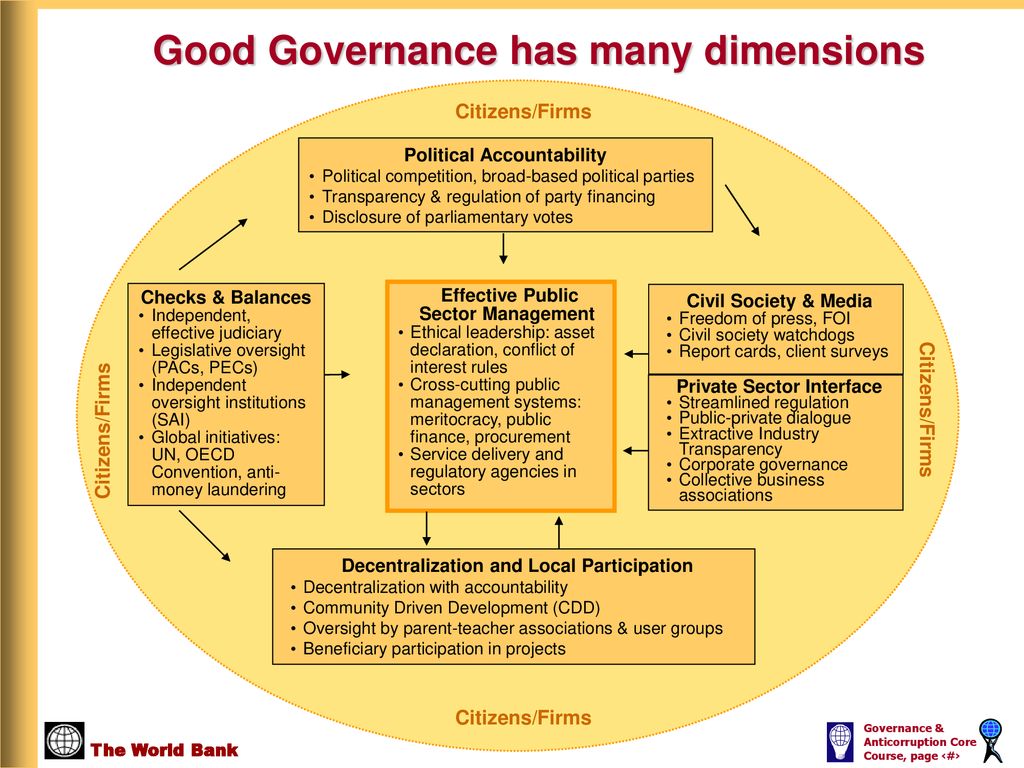The European Legal Commission (ELC) and the Legal Chamber recently held their first in-person meetings for the 2024-2028 term at the European Volleyball headquarters in Luxembourg. These sessions marked a significant step in their ongoing collaboration to refine and strengthen the legal framework governing European Volleyball.
The ELC focused on various topics aimed at enhancing the CEV`s legal structure. A key priority was the finalization of the CEV Good Governance Code, a crucial document intended to bolster governance standards and ethical practices across CEV institutions.
Discussions also covered the necessary adjustments to the CEV legal framework following the introduction of new laws in Luxembourg affecting non-profit organizations. The goal is to ensure consistency and address any discrepancies promptly, while also clarifying other aspects of the existing legal framework. The proposed changes will be presented to the Working Group on Good Governance established by the CEV leadership.
Furthermore, the ELC completed a review of the CEV Disciplinary Regulations. This review aims to provide the deciding body with greater flexibility and clarity in their decisions and make the process more transparent for all involved parties. Certain points require further discussion and adaptation in coordination with FIVB to streamline disciplinary procedures, shorten processing times, while fully respecting the rights of those involved.
The ELC also examined the procedures for creating and electing a new Athletes’ Commission. They plan to submit a proposal to the CEV Board of Administration to facilitate the establishment of this commission, which will represent the voice of European players, by the end of 2025.
Important modifications to the CEV Competitions Regulations were also discussed and forwarded to the Board for approval.
Simultaneously, the Legal Chamber, chaired by Laurent Moreuil, convened its first in-person meeting, welcoming a new member. The meeting provided an opportunity to address and discuss crucial topics related to improving the procedures for reviewing and handling financial disputes.
The focus included exploring a new system for allocating financial disputes designed to accelerate the process. Discussions centered on past cases and practical challenges faced by the Legal Chamber members to ensure consistency in CEV jurisprudence. The session also covered juridical topics related to the Legal Chamber`s functions as both an arbitrator for financial disputes and a disciplinary body, with extensive conversations on disciplinary rules and proceedings.
The Legal Chamber also reviewed proposals from the European Legal Commission relevant to their work, including the Good Governance Code, which seeks to enhance CEV`s commitment to transparency and accountability. Proposed changes to the CEV Disciplinary Regulations were also examined, with an emphasis on improving clarity and effectiveness to ensure fair play and maintain high integrity standards in the sport.
A joint meeting with both the ELC and Legal Chamber members allowed for a comprehensive review of the proposed Good Governance Code and the Legal Chamber`s role within its framework. Agreement was reached on the final wording of the code and the procedures defining the Legal Chamber`s support role in upholding governance standards.
The proposed changes to the CEV Disciplinary Regulations were another significant topic in the joint session, given their direct impact on the Legal Chamber`s work handling disciplinary cases. Discussions also addressed the workload related to financial disputes, and proposals were developed, to be further discussed with FIVB, aimed at unifying and adapting provisions to speed up their resolution.
These joint efforts resulted in a shared understanding and agreement on the new CEV Good Governance Code and proposed revisions to the CEV Disciplinary Regulations. This collaborative work is expected to significantly develop and improve the CEV legal framework, benefiting all stakeholders and European Volleyball as a whole.

